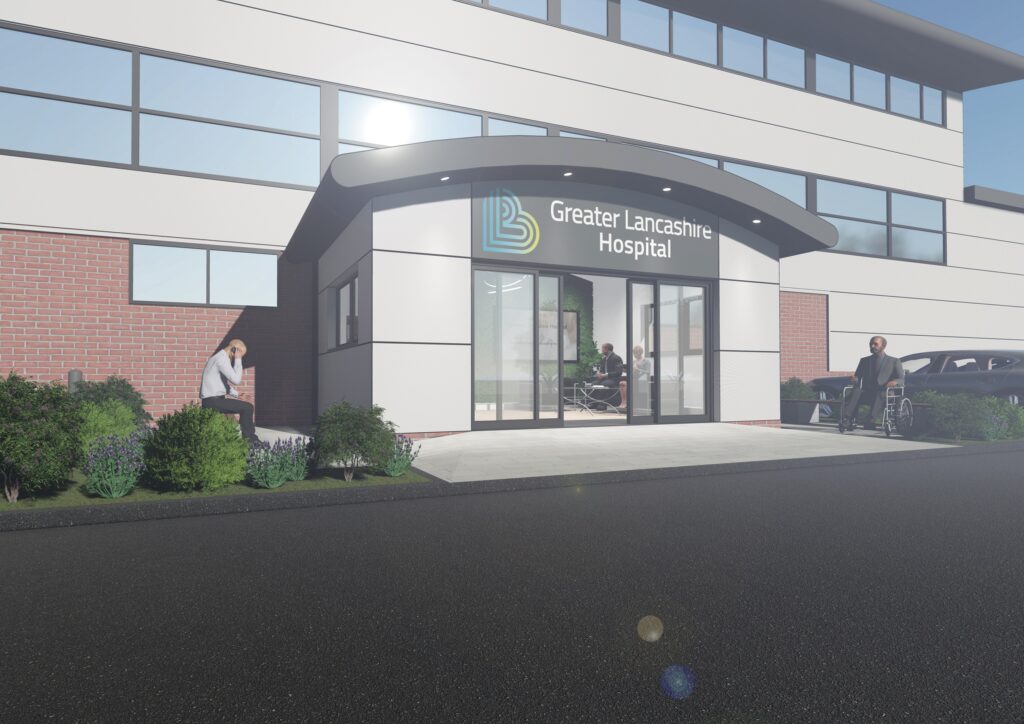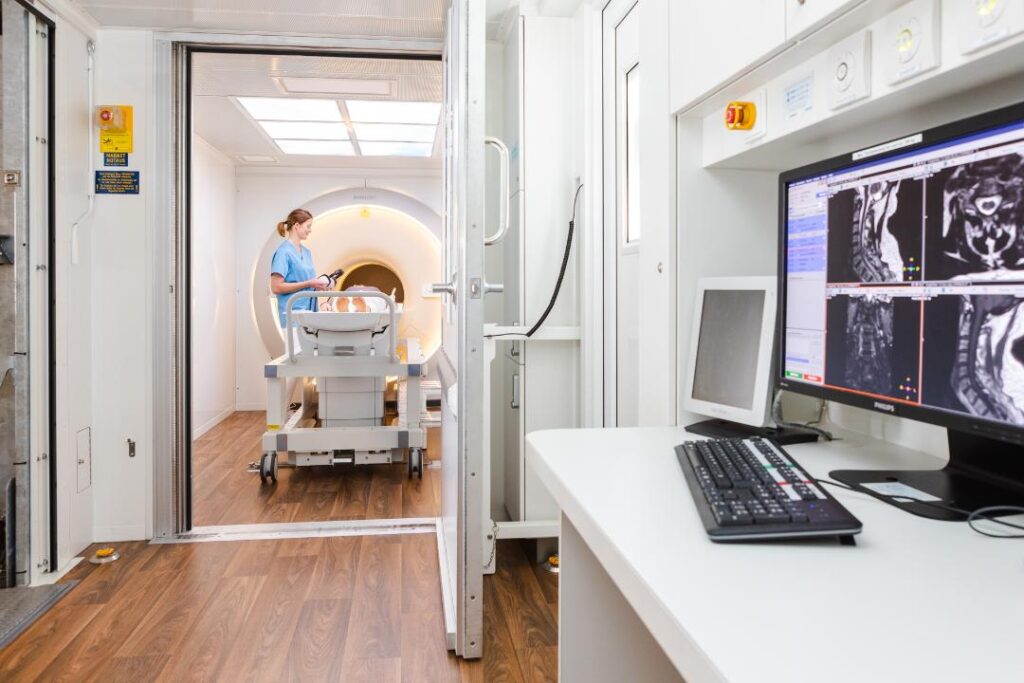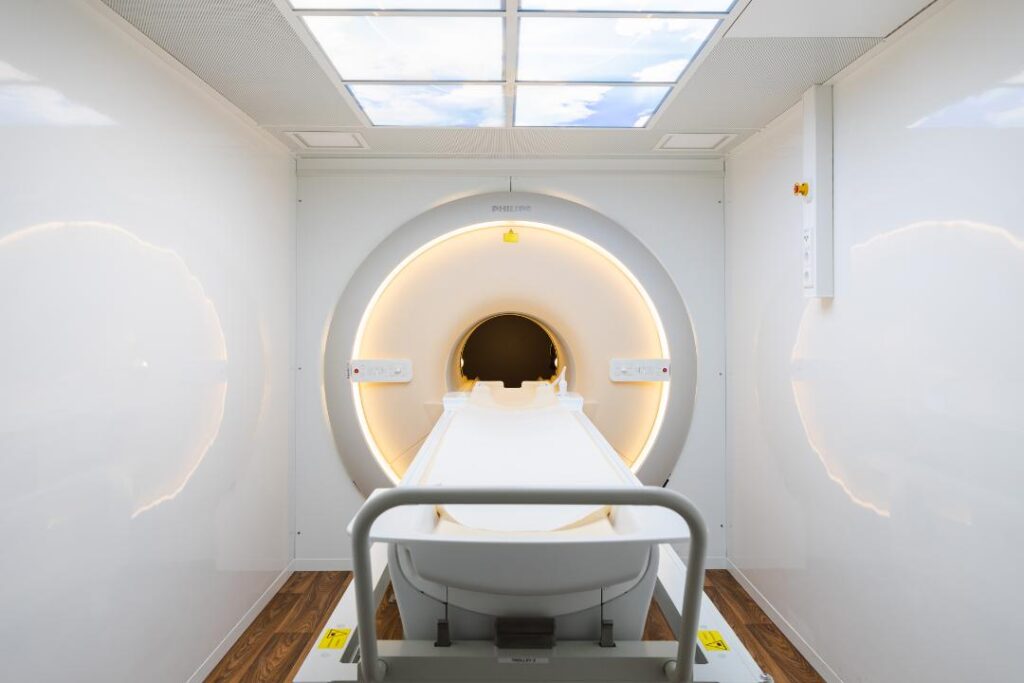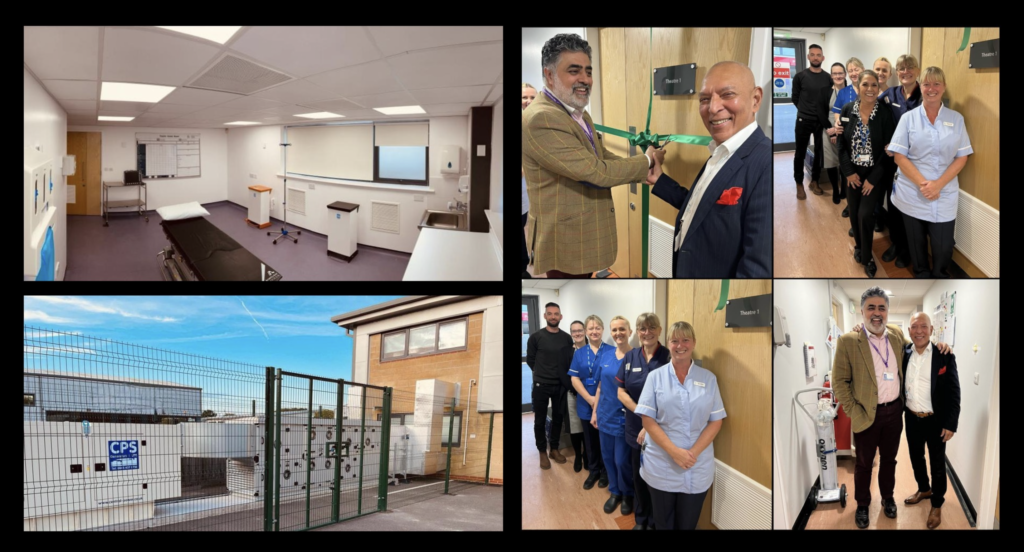Welcome Sandy Haughton, Head of Clinical Services
Sandy brings a wealth of director-level experience to her new role which will see her manage the increasing use of the hospital’s general anaesthetic theatre.Welcome Sandy Haughton, Head of Clinical Services.
She will also liaise closely with NHS Trusts across the North West to promote Greater Lancashire Hospital’s listing on NHS England’s Patient Choice Framework, which enables GPs and their NHS patients to book the most convenient appointments for their requirements.
Based in Ribbleton’s Millennium City Park, Greater Lancashire Hospital was founded in 2014 and works closely with some of the UK’s best-known consultants and medical practitioners.
Sandy, Head of Clinical Services, said:
“Greater Lancashire Hospital was created by local people for the direct benefit of local residents – and this ethos was one of the main reasons why I wanted to work here.

“The facilities are purpose-built with a carefully designed layout that ensures everything works seamlessly. For example, the general anaesthetic theatre is right at the side of the ambulatory care department, which can be rare within some hospitals.
“In addition to managing the general anaesthetic theatre, I’ll also be liaising closely with NHS Trusts from across the region as well as our own roster of outstanding consultants to ensure that patients receive exceptional care from their first visit onwards.”
Sandy has extensive experience in management, having spent a decade overseeing regional operations within private healthcare, following several years of service in the public healthcare sector.
The mother-of-one from Wigan has previously completed a part-time law degree at University of Central Lancashire while working full-time.
Gwam Rajiah, Executive Chairman of Greater Lancashire Hospital, said:
“Sandy is a fantastic addition to our growing team – and she’s arrived at a key moment in the hospital’s evolution.

“In recent months, our general anaesthetic theatre has become increasingly busy as a direct result of our listing on NHS England’s Patient Choice Framework, which allows NHS patients and their GPs to book the most convenient appointment with a consultant of their choosing.
“I know that Sandy’s looking forward to liaising with NHS Trusts across the North West to ensure that even more patients can benefit from our commitment to supporting them along every step of their healthcare journey.”
Greater Lancashire Hospital remains the only hospital in the area to be rated “outstanding” for patient care by the Care Quality Commission (CQC).




















